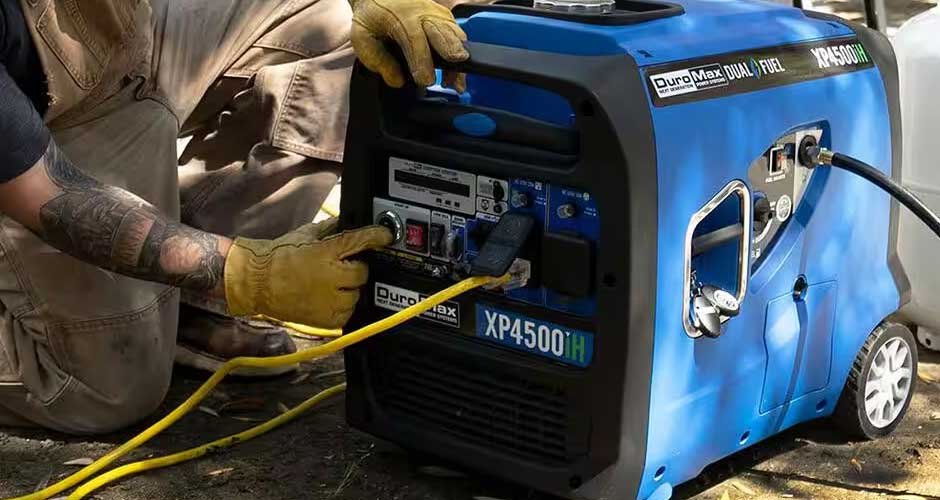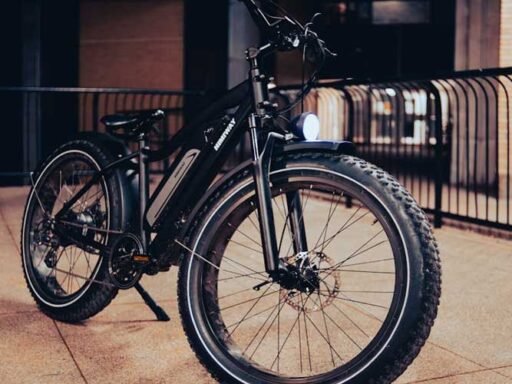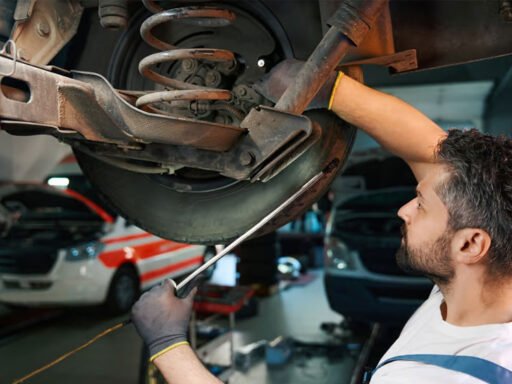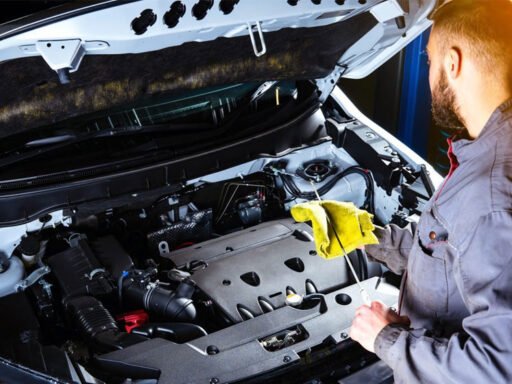It would be awful if the power went out at a crucial time, leaving you unprepared and without the backup you need. Picking the right generator can make all the difference in keeping you powered up during power outages or emergencies.
To help you make an informed decision and find a generator that meets your needs, this article compiled five best tips for buying generators.
1. Determine Your Power Needs
First, make a list of all the electronics and appliances you want to power. Check their wattage requirements, which are usually listed on their labels or in their manuals.
Add up the total wattage to find out how much power you need from the generator. Consider if you need to power items all at once or just a few at a time. This will help you choose a generator with the right capacity to meet your needs without overloading it.
2. Choose the Right Type of Generator
Different kinds of generators exist: portable, standby, and inverter. Portable generators are versatile and good for temporary power during outages or outdoor events.
Standby generators are permanently installed and automatically start during a power outage, providing continuous power. Inverter generators are quieter and more fuel-efficient, suitable for sensitive electronics.
Decide based on how you plan to use the generator and your budget. Picking the right type ensures you get the most suitable generator for your needs.
3. Evaluate Fuel Options
Generators can run on various fuels like gasoline, diesel, propane, or natural gas. Gasoline is commonly used and easily available but requires regular refilling. Diesel generators are more fuel-efficient and better for heavy-duty use but can be noisy.
Propane and natural gas are cleaner and have longer shelf lives, but availability can vary. Consider your fuel preferences, availability, and storage space when making a decision. Choosing the right fuel option ensures reliable operation and convenience for your generator.
4. Consider Generator Size and Portability
Portable generators come in various sizes, from small units that are easy to move to larger ones that are heavier but more powerful. Think about where you will use the generator and how easy it is to transport.
If you need a generator for camping or small outdoor events, a compact and lightweight model may be best. For home use or larger applications, a bigger, more robust generator may be necessary. The right size and portability ensure the generator fits your needs and is convenient to use.
5. Check Noise Levels
Generators produce different levels of noise, measured in decibels (dB). Portable generators can be noisy, while inverter generators are designed to be quieter.
Check the noise rating in the product specifications and consider how much noise will be acceptable for your environment. A quieter generator is less disruptive and more pleasant to use, making it a better choice for noise-sensitive areas or prolonged use.
Buy the Right Generators Today
Selecting the right generator is crucial for ensuring reliable power when you need it most. By following these tips, you can confidently purchase a generator that will serve you well for years to come.
To get started on finding the ideal generator for your needs, explore options and get expert advice from resources like ConX Hire.





